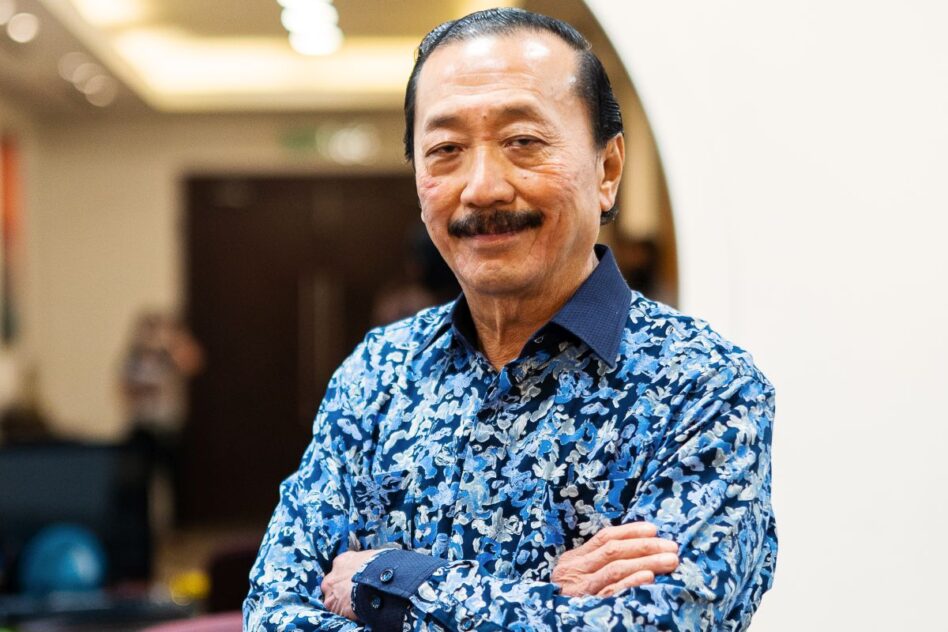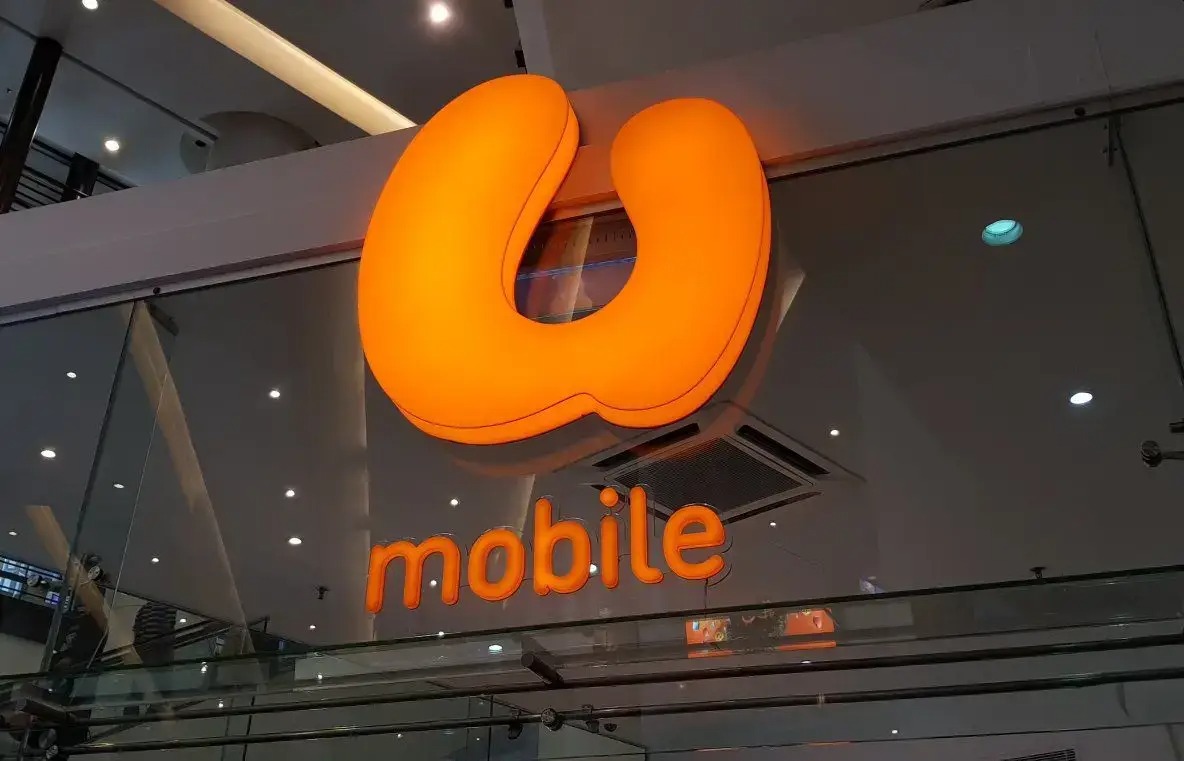Letter to Editor
THE recent appointment of U Mobile as Malaysia’s second 5G operator has raised questions about what exactly “national infrastructure” means in the context of this critical technology.
While Malaysians might assume that a network meant to drive the country’s digital future would be built, controlled, and managed by Malaysians, the reality appears to be more complex.
On Nov 1, the Malaysian Communications and Multimedia Commission (MCMC) selected U Mobile to build and operate Malaysia’s second 5G network following Digital Nasional Bhd’s (DNB) launch of the first.
At a glance, it may seem like a win for national development, but a closer look at U Mobile’s ownership raises questions about just how “national” this network will be.
Foreign-linked ownership and national interests
While the MCMC has assured the public that U Mobile’s appointment was the result of a “rigorous” selection process, the details of this decision – and the ownership behind it – paint a complicated picture.
Nearly half (48.3%) of U Mobile is owned by Straits Mobile Investments, a Singapore-based firm under Singapore Technologies Telemedia (ST Telemedia), which in turn is owned by Temasek Holdings, Singapore’s government investment arm.
In effect, almost half of Malaysia’s newest national network operator is linked to a foreign government. In an era when data is more valuable than ever, foreign influence in the backbone of Malaysia’s digital infrastructure is a potential vulnerability.
From managing vast amounts of sensitive data to supporting national security communications, 5G networks are more than just a service – they are a nation’s lifeline.
Entrusting such a vital element of our future to an entity with foreign ties may not align with Malaysia’s best long-term interests, especially if issues arise that pit economic or political priorities against the public good.
In the United States, both Republicans and Democrats have voiced strong concerns about TikTok, questioning the app’s supposed links to the Chinese government and its potential impact on national security.
This bipartisan scepticism highlights a broader concern over foreign-owned entities controlling key digital infrastructure or platforms.
Malaysia’s decision to appoint U Mobile – a company with substantial foreign ownership – as a 5G operator raises similar questions.
Just as the US is wary of potential foreign control over its digital ecosystems, Malaysians might wonder whether U Mobile’s foreign ties could affect the independence and security of their own national network.
Familiar faces and potential conflicts

U Mobile’s other major shareholders include prominent Malaysian figures and corporations, such as tycoon Tan Sri Vincent Tan, who retains shares indirectly, and the current Yang di-Pertuan Agong, who holds a notable stake. The Sultan’s involvement has been quietly noted.
When national infrastructure is influenced by high-profile shareholders, there’s a real risk that financial interests might be prioritised over fair access, affordable rates, and quality service.
Decisions that affect millions of Malaysians should be made transparently and with a clear national interest in mind, but the involvement of private and foreign-linked entities muddies these waters.
Is this choice aligned with Malaysia’s digital ambitions?
Malaysia’s ambition to become a leader in digital transformation is admirable, but achieving that goal requires robust, transparent decision-making that prioritises the needs of all Malaysians.
The choice of U Mobile, an operator with foreign and high-profile private ties, may not align with the goals of promoting competition, lowering prices, and ensuring accessible 5G services across urban and rural areas alike.
Public calls for transparency in the terms of U Mobile’s license, its expected performance targets, and any conditions attached to its operations should not be taken lightly.
Malaysians deserve to know if the promise of a “national network” is more than just a label. Without full disclosure, the risk remains that this 5G rollout will serve a select group of stakeholders rather than the broader public.
Malaysians deserve answers
When billions of taxpayer ringgit and the nation’s digital future are at stake, questions must be asked.
In this case, transparency about why U Mobile was chosen and how it plans to operate within Malaysia’s broader 5G ecosystem is crucial. Malaysians need assurance that our 5G networks will serve the people, not merely benefit a handful of well-connected stakeholders.
As Malaysia steps into the next generation of connectivity, it’s vital that national interests take precedence. Without greater clarity, the appointment of U Mobile may leave Malaysians wondering if our “national network” is truly in our hands. – Nov 4, 2024
Joshua Soong
Kuala Lumpur
The views expressed are solely of the author and do not necessarily reflect those of Focus Malaysia.
Main image: Soya Cincau









